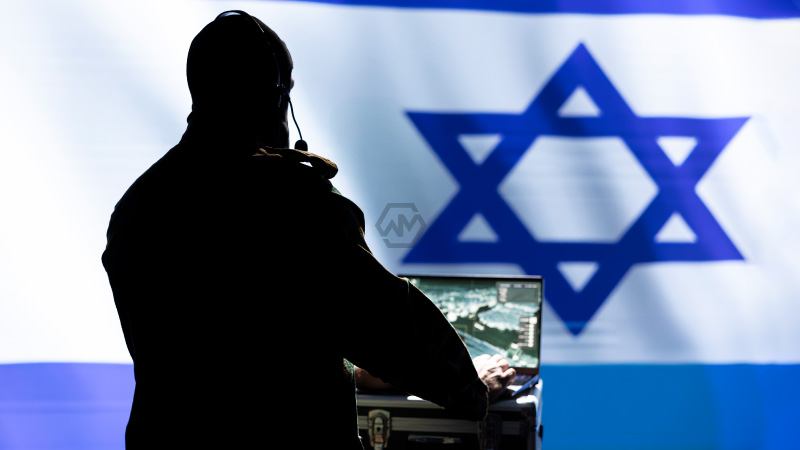- Four Israeli female soldiers released in Gaza as part of a ceasefire agreement.
- Israel responds by releasing 200 Palestinian prisoners, including those convicted of deadly attacks.
- Celebrations in both Palestinian territories and Israel as hostages and prisoners are exchanged.
On Saturday, Hamas militants freed four Israeli female soldiers in Gaza, handing them over to the Red Cross. The soldiers appeared to be in a pressured state, waving and giving thumbs-up to the crowd before being escorted by the Red Cross.
In exchange, Israel released 200 Palestinian prisoners, including those who had been serving life sentences for attacks on Israelis. Around 70 of the prisoners were sent to Egypt.
Gaza Ceasefire: 4 Israeli Soldiers Freed in Exchange for 200 Palestinian Prisoners
Hamas militants handed over four Israeli female soldiers to the Red Cross in Gaza City as part of a fragile ceasefire arrangement. This release came after Hamas paraded the soldiers in front of a large crowd, creating a tense yet hopeful moment for both sides. Despite their smiles, there are concerns that the hostages were forced into propaganda scenarios under duress.
In response, Israel’s Prison Service announced that it had completed the release of 200 Palestinian prisoners, including many convicted of serious attacks against Israelis. The prisoners were transferred in buses, with many heading towards Egypt, which had facilitated the ceasefire talks. This agreement has led to a shift in the usual narrative of conflict, offering a temporary respite.
Celebrations were seen in both Gaza and Israel, although the event is fraught with complexity. In Ramallah, Palestinians gathered in large numbers, waving flags and celebrating the return of their fellow prisoners. Meanwhile, in Tel Aviv, hundreds cheered as they watched the live footage of the Israeli soldiers’ release.
The exchange comes amid widespread calls for a broader peace initiative to end the ongoing violence. Despite the emotional scenes of reunion, the ceasefire’s future remains uncertain, with both sides having significant reservations about the terms and conditions.
The ceasefire agreement has provided a brief moment of relief for both sides, but the complexities of the conflict suggest that lasting peace remains a distant hope.
“I’m speechless,” said Aviv Bercovich, one of the onlookers. “I had goosebumps watching them. I just want the war to end.”



